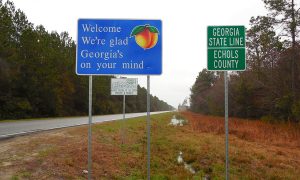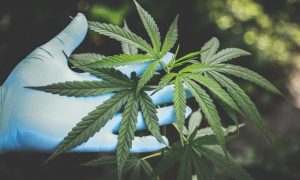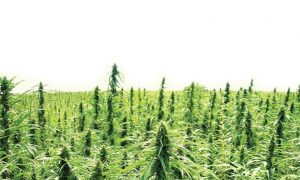In an otherwise unannounced reply to the public’s inquires, the California Department of Public Health quietly released a revised FAQ Sheet July 6th, 2018 stating that CBD in any food or pet food products is banned. Regardless of its source, industrial hemp is not recognized as safe for food consumption, referencing The Controlled Substance Act of 1970 and the FDA’s stance. Their FAQ statement says:
“Therefore, although California currently allows the manufacturing and sales of cannabis products (including edibles), the use of industrial hemp as the source of CBD to be added to food products is prohibited. Until the FDA rules that industrial hemp-derived CBD oil and CBD products can be used as a food or California makes a determination that they are safe to use for human and animal consumption, CBD products are not an approved food, food ingredient, food additive, or dietary supplement.”
It is unclear if California has allocated a task force to enforce this ruling. It would seem impossible to pull the hemp CBD products off the shelves of every health food store, pet store, head shop, vape shop, grocery store, liquor store, convenience store and gas station not to mention all the alternative health practitioners that carry industrial hemp CBD products.
The FAQ sheet references the US Farm Bill of 2014, but follows it up with, “In California, the cultivation of industrial hemp is regulated by the California Department of Food and Agriculture (CDFA).”
They then ask you to refer to CDFA for questions regarding hemp cultivation in California in accordance with the California’s Industrial Hemp Law (Division 24 of the Food and Agricultural Code).
Division 24 of the Food and Agricultural Code basically describes of slew of unorthodox regulations requiring all kinds of specific types of board members with required associations as well as specific requirements for reporting, testing, and working with the agricultural commissioner.
Hemp seeds and hemp seed oil are allowed, however adding industrial hemp CBD to any food, pet or cannabis products is strictly prohibited. That means that all CBD must be sold in licensed dispensaries, and all CBD must be made from whole plant cannabis under licensed manufacturers in California.
Per the FDA, each hemp product needs to apply. All applications for hemp products are pending and one has been denied approval since 2000. GW Pharmaceuticals Sativex and Epidiolex CBD drugs contain 0.15% THC so their products are not technically considered hemp, because the THC amount is above 0.03%.
Under existing law, including the Dietary Supplement Health and Education Act passed by Congress in 1994, the FDA can take action to remove products from the market, but the agency must first establish that such products are adulterated (e.g., that the product is unsafe) or misbranded (e.g., that the labeling is false or misleading).
The California Bureau of Cannabis Control did not include Hemp in MAUCRSA, it specifically defined industrial hemp products as non-cannabis items forbidden from being sold in licensed cannabis retailers.
“Through all of this Prop 64 legalization regarding cannabis and the ability to light up legally, it is strange that Industrial Hemp ended up with the short end of the stick. Who would have guessed that Hemp would be singled out as the, ‘red headed stepchild’ to its once cannabis cousin?,” says Dana Cisneros of the Cannabis Corporate Law Firm.
We asked our local health food store if they would be taking down their CBD section, they indicated they had no intention to.
It is again, unclear how this will be enforced now that it is literally everywhere. Read our article on the FDA approval for more information about GW Pharma’s New Drug Application approval by the FDA, which gives the DEA 90 days to reschedule CBD.
B. Le Grand
Click Here to download the CDPH CBD FAQ PDF revised 7/06/18
Click Here to download the CDFA Hemp Regulations PDF
This article was originally posted on July 15, 2018. It has since been updated.



























